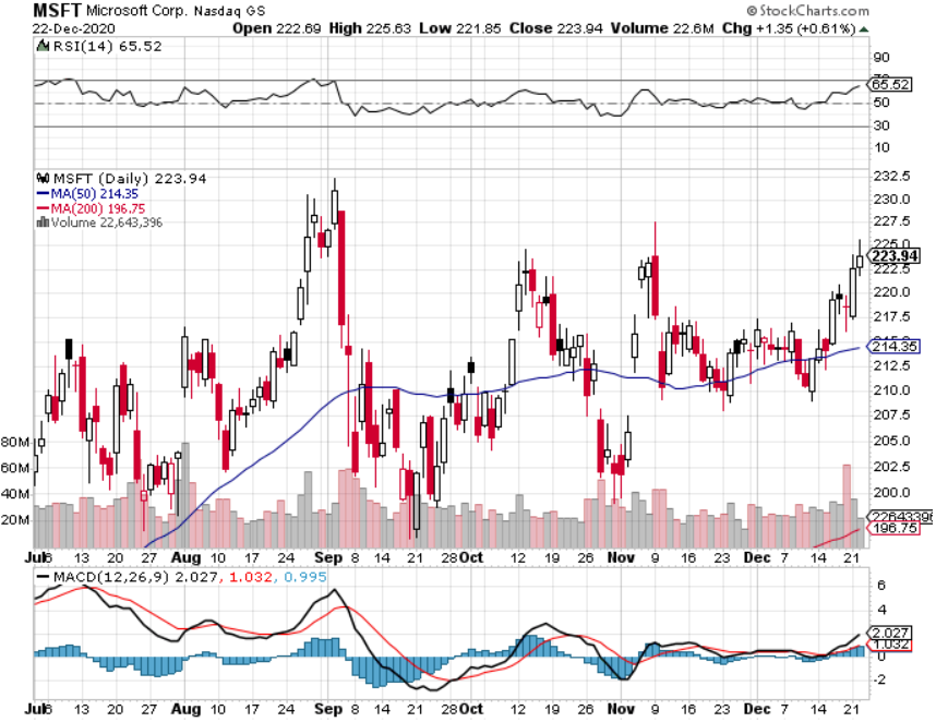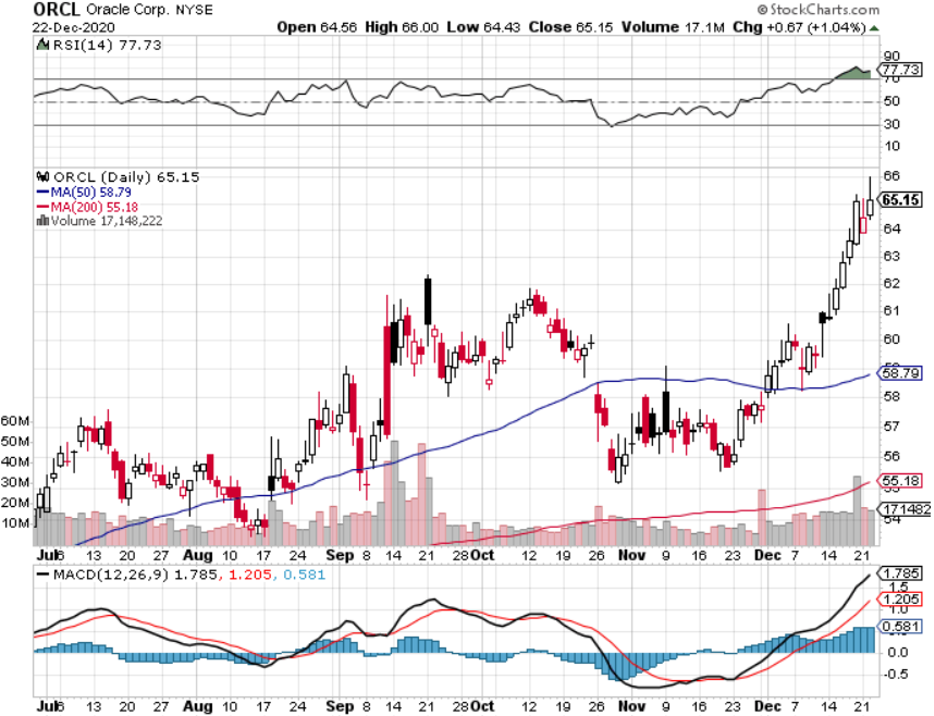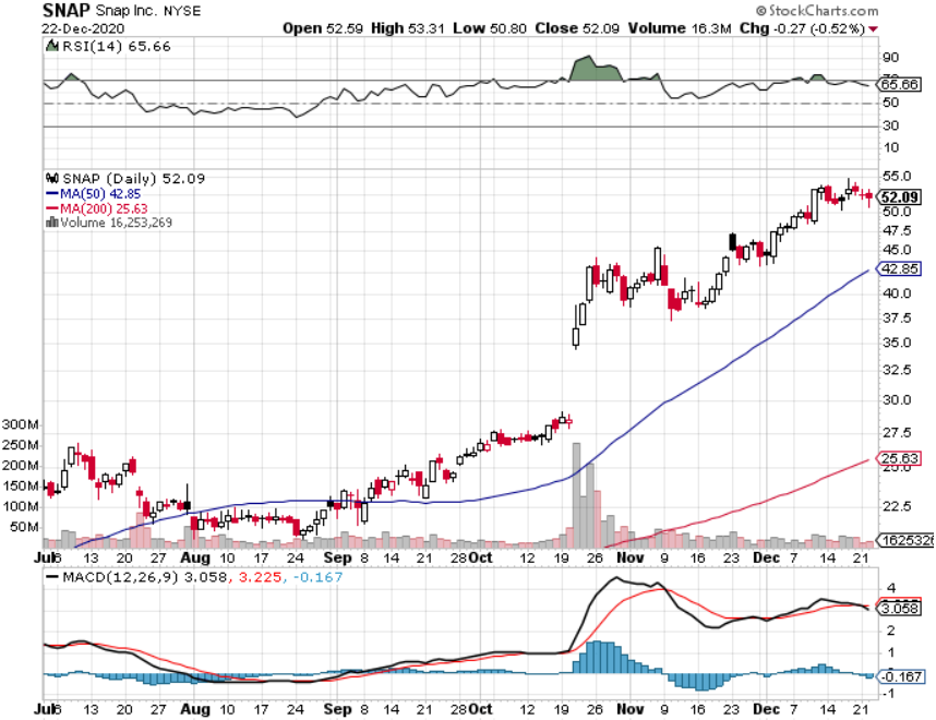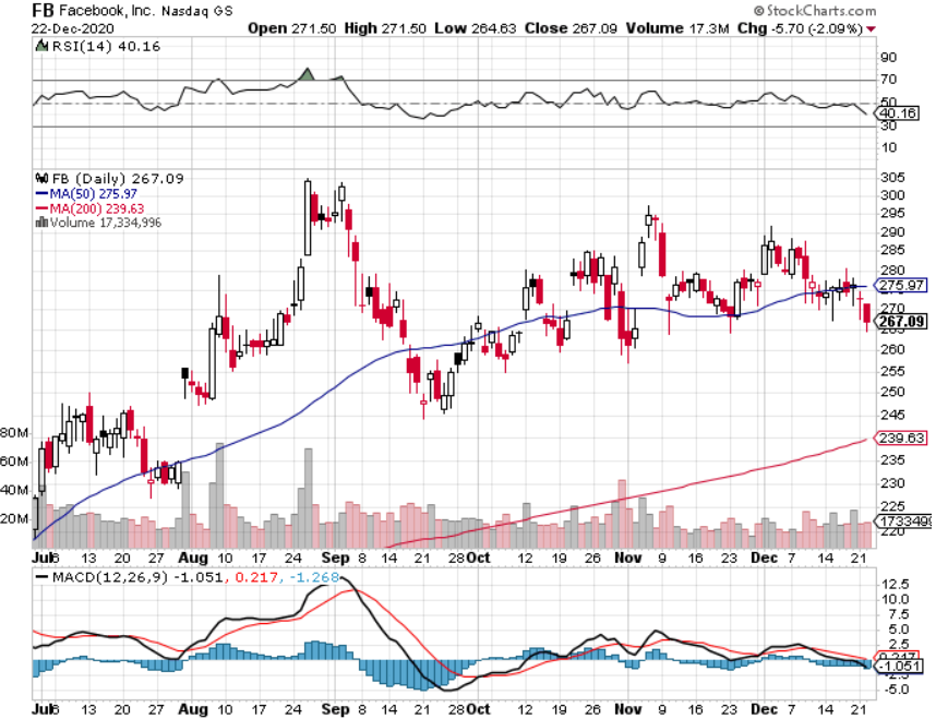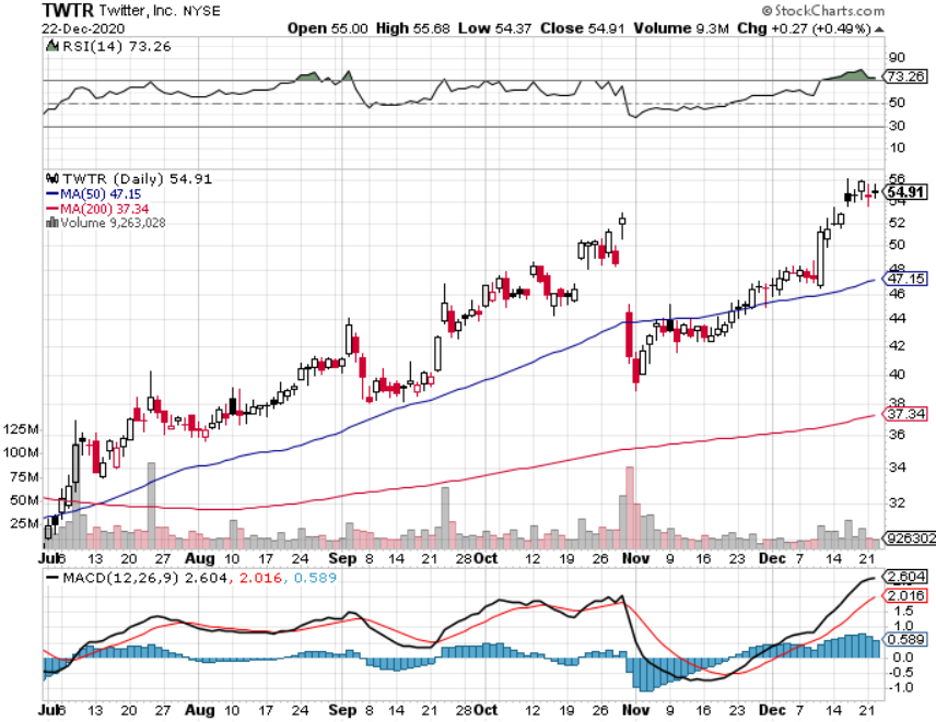How Silicon Valley Stays Ahead
Northern Californian tech companies stopped innovating because of the monopolistic nature of their current business models.
They keep one principle close to their vest – to crush anything that remotely resembles competition.
This has been going on in Silicon Valley for years and the government still hasn’t taken their finger out to do much about it.
The end result is an ever-growing impoverished U.S. middle class and bleak prospects for their children.
Why does the U.S. government largely sit on the sidelines and turn a blind eye?
If I deploy the concept of Occam's razor to this situation, a philosophical rule that entities should not be multiplied unnecessarily which is interpreted as requiring that the simplest of competing theories be preferred, my bet is that most of U.S. Congress own stock portfolios and these portfolios are spearheaded by the likes of Apple (AAPL), Facebook (FB), Amazon (AMZN), Google (GOOGL), Netflix (NFLX), and of course Tesla (TSLA).
This has come into the open frequently with members of Congress even front-running the March sell-off with their own portfolios like U.S. senator Kelly Loeffler from Georgia selling $20 million in stock after attending special intelligence briefings in the weeks building up to the coronavirus pandemic.
It’s a direct conflict of interest, but that's not surprising for politics in 2020, is it?
It’s also why Congress hasn’t acted on Silicon Valley’s excessive abuse of power.
The government likes to jawbone to the public saying they will make competition a level playing field, but actions show they are doing the opposite.
The Silicon Valley oligarchs are whispering in the ear of Congress and they listen.
Well, what now?
Fast forward to the future – and it was only in mid-September, TikTok — the Chinese-owned, video-sharing phenomenon — was being forced to sell its U.S. operations.
The situation is still pending, and TikTok has asked for extensions hoping to arrive at the next administration.
Given the app’s 100 million U.S. users, this forced divestment by President Trump triggered a delirious auction pitting tech giants Microsoft (MSFT), Oracle (ORCL), and Twitter (TWTR) against one another.
The White House and Big Tech are boiling the free for all down to a combined story of national security and opportunistic capitalism amid unfortunate geopolitical tension between the U.S. and China.
But the ultimatum for ByteDance, TikTok’s Chinese Mainland owner, is more accurately understood as a dark window into Silicon Valley’s utter failure to innovate, and a warning signal of its transformation into a mere protector of long-established turf.
If you don’t have it, claim national security threats, and steal it.
Silicon Valley has long adhered to the motto, “Move fast and break things” – but that was long ago when Steve Jobs was busy making the first iPod and iPhone.
That was a time when Silicon Valley headed by luminaries like Jobs was actually innovating.
Tech has now turned mostly into a digital marketing lovefest with cheap shortcuts and big swaths of the internet corrupted.
The truth is Silicon Valley couldn’t be more corporate and monolithic than it is now, and they use the corporate machine to serve the ends they desire for their shareholders to the devastation of the majority of U.S. society.
Big Tech is just in love with buybacks like the rest of corporate America and the only reason they avoid it now is to appear as if they are in tune with public discourse and not tone-deaf.
I believe that once 2021 rolls around, a floor will be set with U.S. tech because they will initiate a new wave of buybacks.
Huawei, another punching bag of the Trump administration’s tech war with China, is just an externality to Silicon Valley’s inability to innovate.
In remarks to reporters in March 2019, Chinese politician Guo Ping said, “The U.S. government has a loser’s attitude. They want to smear Huawei because they can’t compete with us.”
It’s sadly true that the U.S. has fallen so far behind the Chinese in 5G development that they have opted to scratch and claw back their position through geopolitics.
Huawei not only possesses more 5G-related patents than any other company (some 13,474). It also holds a larger share of standard-essential patents (or SEPs) – about 19% of them to be precise versus 15% for Samsung, 14% for LG, 12% for each of Nokia and Qualcomm, and just 9% for Ericsson.
The writing is on the wall that Silicon Valley is falling behind and that gap is accelerating.
ByteDance produced the hottest new social media platform on a global scale, and Facebook, in typical fashion, responded by brazenly copying TikTok, adding a feature called Reels to Instagram.
Facebook has also tapped the political back channels to encourage the U.S. government to ban TikTok not because it threatens Facebook’s model but because Facebook is concerned about national security.
What a joke.
Don’t forget that Mark Zuckerberg has been attempting to destroy Snapchat (SNAP) for years after CEO Evan Spiegel refused to sell it to Zuckerberg.
The rest of the tech ecosphere has given a free pass to the anti-trust violations because they don’t want to be the next takeout target.
Make no bones about it, Silicon Valley, aided by the Trump administration, is about to do a smash and grab job on China’s best tech growth asset then do the same thing to Huawei’s 5G apparatus.
This cunning maneuver alone has the knock-on effect of not only extending the tech rally in U.S. public markets but increasing the scarcity value and emboldening the Silicon Valley oligarchs.
The de-facto robbing of Chinese tech in broad daylight is overwhelmingly bullish for the U.S. tech sector and that is why no foreign tech player will be able to compete again in the U.S.
So why innovate? Why deploy capital into research and development when you can just nick a foreign company's crown jewel?
Exactly, so innovation does not happen and will not happen.
We, as consumers, have been thrust into the cluster of ever-degrading smartphone apps that offer less and less utility.
But ultimately, even if you hate Silicon Valley at a personal level, it is literally impossible to short them, and now they are resorting to adding foreign companies on the cheap, what other passes will government, society, and corporate America give American tech?
In either case, it’s not for me to judge, and as a technology analyst - I am bullish U.S. tech because love it or hate it, revenue is still growing and relative to the rest of the U.S. economy, they are still growth dominators.
However, one must ponder when these actions will come back to bite, if it ever does. Even though integrity has been sacrificed for profits, 2021 is poised to be the most exciting tech year with the sector usurping an even bigger portion of the broader U.S. economy.

